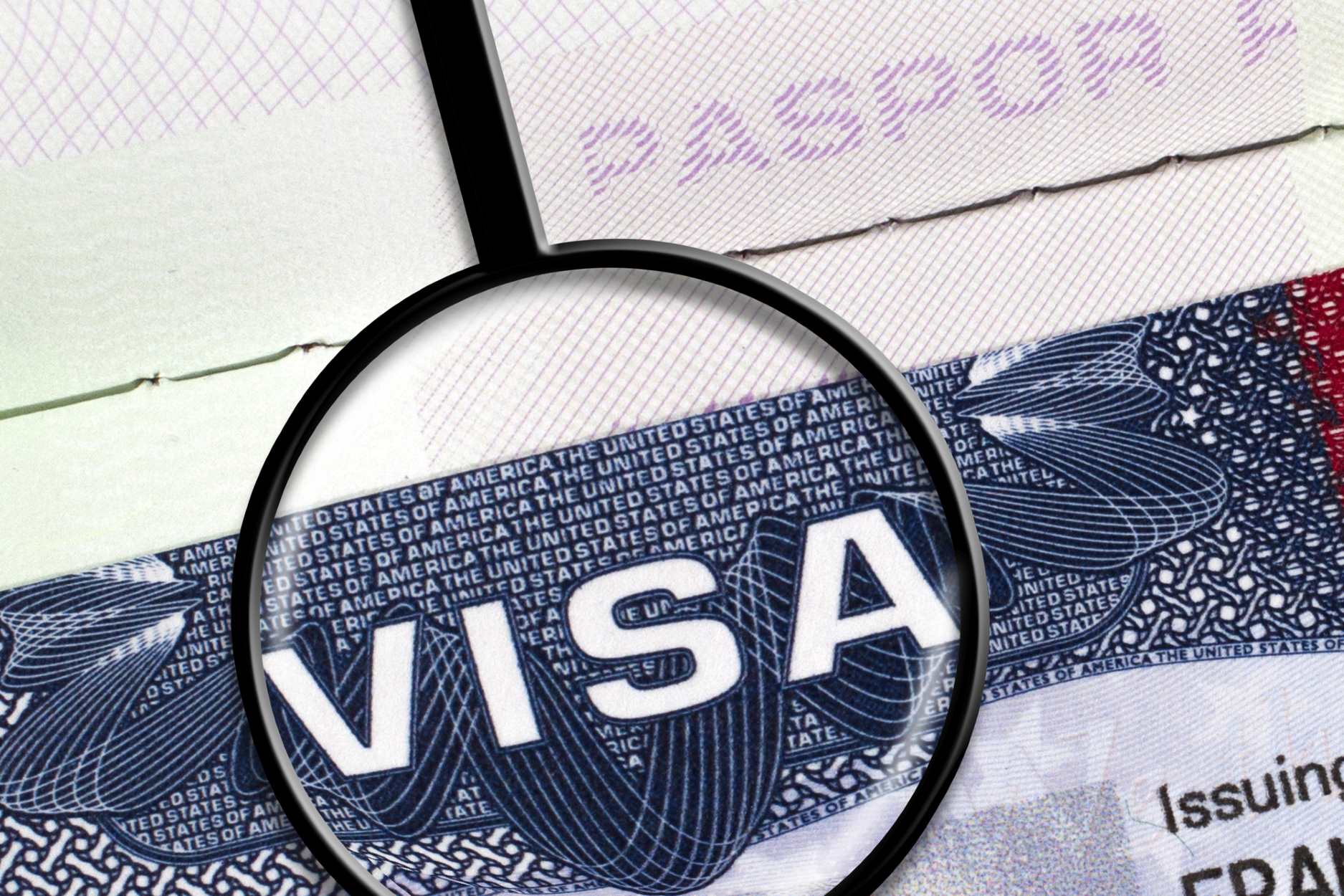As an individual working in the aerospace industry in the United States on a J-1 research visa, you may have heard that your immigration status could affect your ability to obtain an export control license for your space tech startup. In this article, we will explore the important factors you need to be aware of and provide some valuable advice to help you navigate this process.
Key Takeaway
Export control laws in the United States govern the export or sharing of technology, software, and other materials with foreign countries or foreign-born individuals. As an international founder, it is crucial to understand the requirements and implications of these laws when starting a space tech startup.
Understanding Export Control Licensing
Export control laws in the United States play a significant role in regulating the physical or electronic export or sharing of various materials, including technology, software, and technical data. These laws apply to both physical exports and the sharing of information with foreign countries or individuals working in the U.S. on valid work visas, such as the J-1 visa.
The purpose of export control is to protect national security and prevent the unauthorized dissemination of sensitive technologies or information that could potentially harm the country’s interests. As an individual working on a J-1 research visa in the aerospace industry, it is crucial to be aware of these laws and ensure compliance when it comes to your space tech startup.
Considerations for International Founders
International founders, like yourself, planning to launch space tech startups should carefully consider the following factors related to export control licensing:
- Technology and Product Classification: It is essential to determine the classification of your space tech products or technologies under the U.S. Export Control Classification System (ECCS). This classification determines whether you need an export control license and sets the level of control and restrictions imposed on the export or sharing of your products or technologies.
- Licensing Requirements: Depending on the classification of your products or technologies, you may need to obtain an export control license. The licensing process involves submitting an application to the U.S. government, specifically the Bureau of Industry and Security (BIS) within the Department of Commerce. It is crucial to understand the application requirements, including the necessary documentation and information to support your request.
- Compliance with Regulations: As an international founder, it is your responsibility to ensure compliance with all relevant export control regulations. This includes understanding the specific restrictions and limitations associated with your export control license, such as the countries or individuals with whom you are prohibited from sharing your technologies.
- Engaging Legal Expertise: Navigating the complexities of export control licensing can be challenging. It is advisable to consult with an experienced immigration attorney or law firm specializing in export control regulations. They can provide the necessary guidance and support to ensure proper compliance and avoid any legal issues.
Final Thoughts
As the commercial space technology market continues to grow rapidly, it is essential for international founders in the U.S. to understand and comply with export control laws. By classifying your space tech products accurately, fulfilling the necessary licensing requirements, and maintaining compliance with all regulations, you can successfully navigate the export control licensing process and work towards building a thriving space tech startup.

























